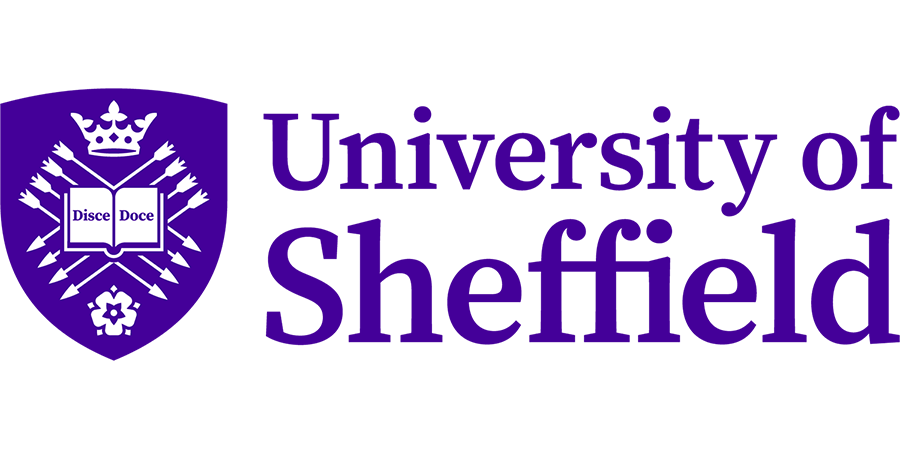PhD Studentship - Digital Twins for Health Monitoring and Fault Detection in Wind Generators and Converters
University of Sheffield
| Qualification Type: | PhD |
|---|---|
| Location: | Sheffield |
| Funding for: | UK Students, EU Students, International Students |
| Funding amount: | £19,795 |
| Hours: | Full Time |
| Placed On: | 19th November 2024 |
|---|---|
| Closes: | 4th December 2024 |
Supervisor(s)
Professor Antonio Griffo, University of Sheffield, a.griffo@sheffield.ac.uk
Dr Xiao Chen, University of Sheffield
Enquiries email: a.griffo@sheffield.ac.uk
Subject areas
- Engineering & Technology
- Mathematics & Statistics
- Physics & Astronomy
Reliability is of paramount importance for the offshore wind industry as the cost of maintenance, downtime and repair can markedly affect the business case for adopting new and innovative technologies.
To increase availability without increasing maintenance and associated downtime, condition and health monitoring to support fault detection and predictive maintenance are essential in offshore wind. Although many CHM tools are being investigated for the structural elements of a wind generator, little has been done for the electrical generators and power electronics converters which are at the heart of the energy conversion system.
Digital twins (DTs), based on an accurate real-time simulation of the real system, have emerged as a powerful tool for condition monitoring and predictive maintenance.
While extensive research is being undertaken on DTs for structural health monitoring in OW, there is little if any application of the DT concept to electrical equipment. This is mainly due to the difficulties of multi-time scale modelling in the electrical domain where dynamics can range from sub-milliseconds transients following a power electronics switching transient to thermal and mechanical induced gradual ageing and degradation taking place over the lifetime of the machine.
Using a combination of high-fidelity analytical models, model order reduction techniques and machine learning, this project will develop and validate a multi-time scale digital twin concept for advanced condition monitoring and maintenance of direct-drive permanent magnet generators and converters for offshore wind. The proposed digital twin, will be able to accurately model all electrical transients in the electric drive train, ranging from the sub-millisecond time-scale of the switching converter to long-term degradation over the lifetime of the machine. Comparison of the digital-twin output and the real-time measurements from a range of sensors, combined with advanced signal-processing tools, will be used to demonstrate the ability to detect both gradual degradation and faults in the machine.
Training & Skills
You will benefit from a taught programme, giving you a broad understanding of the breadth and depth of current and emerging offshore wind sector needs. This begins with an intensive six-month programme at the University of Hull, drawing on the expertise and facilities of the four academic partners in the EPSRC Offshore Wind CDT in Offshore Wind Energy Sustainability and Resilience. It is supplemented by Continuing Professional Development (CPD), which is embedded throughout your 4-year research scholarship.
Eligibility requirements
If you have received a First-class Honours degree, or a 2:1 Honours degree and a Masters, or a Distinction at Masters level with any undergraduate degree (or the international equivalents) in engineering, mathematics and statistics or physics, we would like to hear from you.
If your first language is not English, or you require a Student Visa to study, you will be required to provide evidence of your English language proficiency level that meets the requirements of our academic partners. This course requires academic IELTS 7.0 overall, with no less than 6.0 in each skill.
Advert information
Type / Role:
Subject Area(s):
Location(s):









